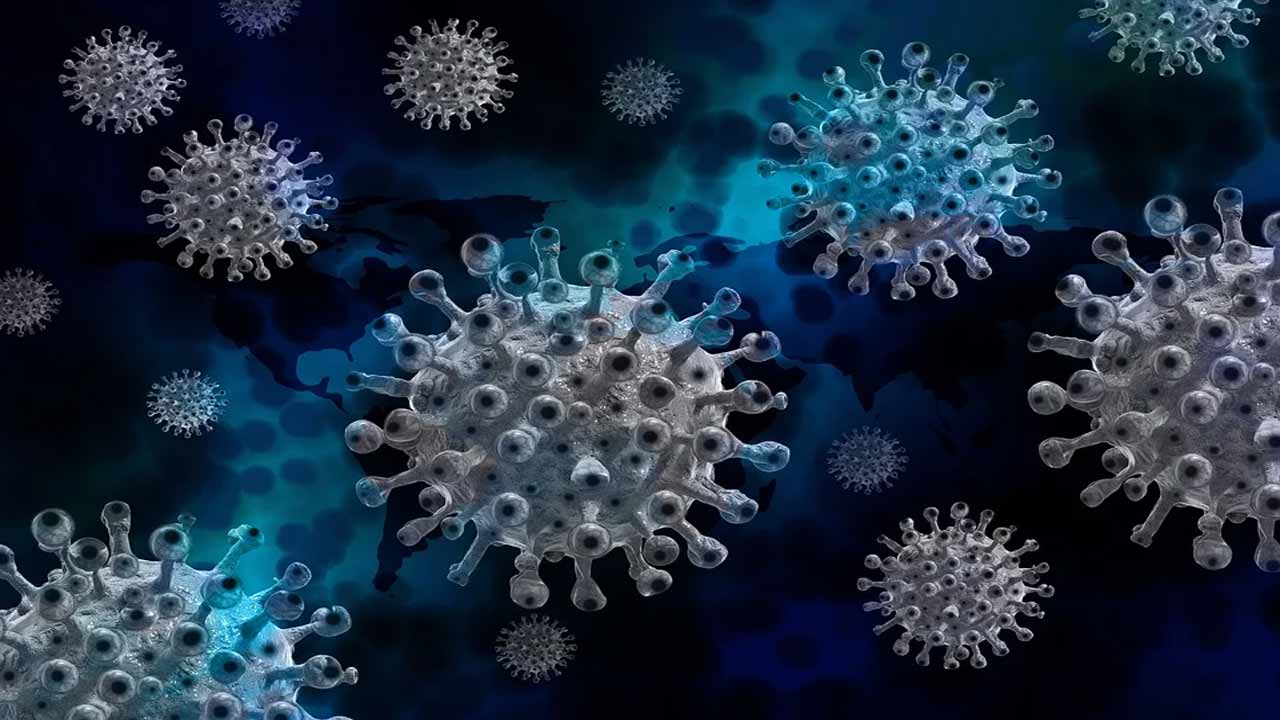According to a study published in the journal Cell, some covid-19 patients may not develop long-term immunity because of high levels of a molecule present when they were infected with the virus.
The research says that such patients tended to make very few of a type of cells which produced antibodies against the virus.
The researchers, including those from Harvard University, found that the release of massive amounts of cytokines may be responsible for the some of the most severe symptoms of COVID-19.
High levels of cytokines increased inflammation in some covid patients, and created a feedback loop in which immune cells produced more of these molecules in a process called a cytokine storm.
According to the study, due to this storm, many COVID-19 patients may fail to from long-lasting immunity. This is because cytokine storm doesn’t allow such individuals make to produce enough B cells which produce antibodies.
“We’ve seen a lot of studies suggesting that immunity to COVID-19 is not durable because the antibodies decline over time. This study provides a mechanism that explains this lower-quality immune response,” said study co-senior author Shiv Pillai from Harvard University.
In the study, the researchers examined germinal centres. These centres are areas within the lymph nodes and spleens where B cells mature and start producing antibodies.
“When we looked at the lymph nodes and spleens of patients who died from COVID-19, including some who died very soon after getting the disease, we saw that these germinal center structures had not formed,” said study co-senior author Robert Padera from Harvard University.
The researchers also gained insights from previous studies involving mouse models of other infections that induce cytokine storm.
TNF is one of the most abundant cytokines released in people with severe COVID-19, says the current study.
Formation of germinal centers was found to be restricted by the TNF in infected mice. Germinal centers started forming in the mice which was injected with antibodies to block TNF. Even in those mice whose TNF gene was deleted, growth of germinal centers was normal.
When the researchers examined the lymph nodes of covid patients who succumbed to the disease, high levels of TNF was present in their organs. The researchers think that TNF may be preventing the germinal centers from forming in some covid-19 patients.










